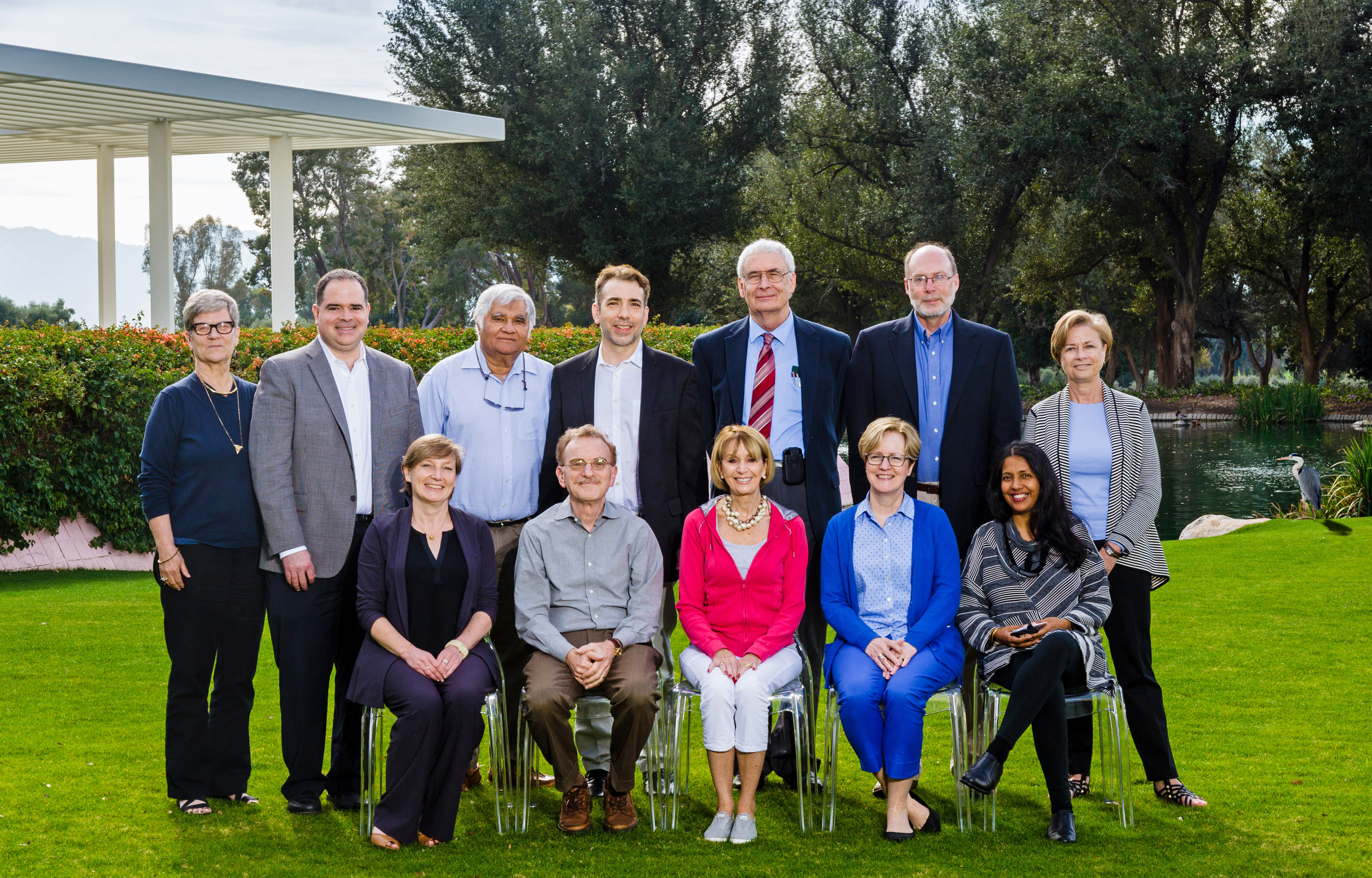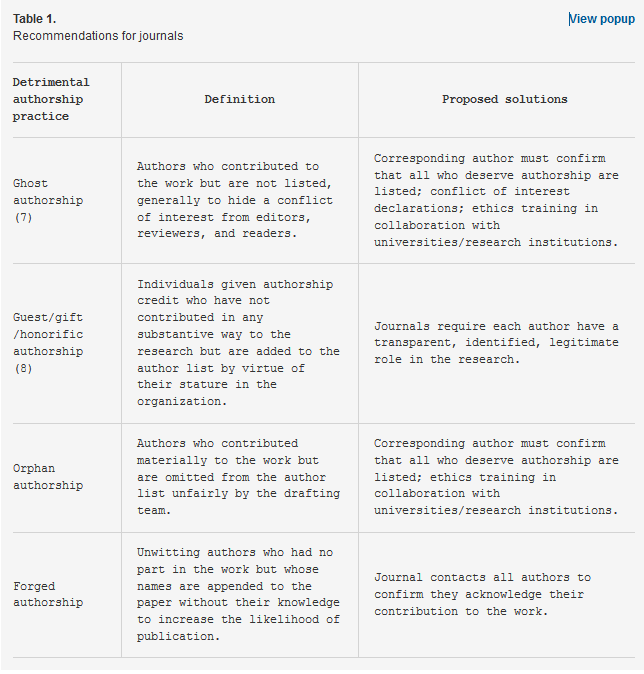The idea of authorship implies both credit and accountability. Yet the authorship system used in scientific and medical publications has been marred by inconsistency, deception, and even fraud.
Scholars have implicated ghost-authored studies in the deceptive marketing of the painkiller Vioxx, which was later withdrawn from the market. Surveys of scientific authors reveal that some have added “gift” or “honorary” authors to papers even though they didn’t deserve credit. The last decade has seen the rise of studies by a “kilo-author,” more than a thousand people. But repeated calls for reform have gone unheeded.
Now, in an article in the Proceedings of the National Academy of Sciences, a group of prominent scholars, scientists, and editors have issued a call for common standards and transparency in author contributions and responsibilities. The paper, developed at a Sunnylands retreat of the National Academy of Sciences, in partnership with the Annenberg Public Policy Center (APPC), sets out specific recommendations outlining the responsibilities of authors, and urges journals and research institutions to precisely clarify the role each author plays in a study or article.
The group aims to promote standards that will carry across a range of scientific fields, publications and international cultures, prevent authors from “gaming the system,” and discourage a raft of detrimental practices such as ghost, gift, honorary, and forged authorship.
“In keeping with the growing movement in scientific publishing toward transparency in data and methods, we propose changes to journal authorship policies and procedures to provide insight into which author is responsible for which contributions, better assurance that the list is complete, and clearly articulated standards to justify earning authorship credit,” the 13 co-authors wrote.
The group, led by National Academy of Sciences (NAS) President Marcia K. McNutt, seeks to bring consistency and transparency to scientific publication, thereby promoting integrity.

The paper emerged from a 2017 NAS-Sunnylands retreat in Rancho Mirage, Calif., of a dozen scholars, editors and scientists. The session, organized by APPC Director Kathleen Hall Jamieson, a co-author of the paper and the program director at Sunnylands, and Barbara Kline Pope, formerly executive director of the National Academies Press, was one in an ongoing series exploring ways to promote integrity in science.
The group recommended standards for authorship adapted and broadened from a statement proposed by the International Committee of Medical Journal Editors. The PNAS authors proposed that journals should clearly provide expectations for corresponding authors, including revealing whether the manuscript benefited from the use of editorial services that would constitute a potential conflict.

The scholars and editors recommended that journals adopt the Contributor Roles Taxonomy (CRediT) methodology for attributing data, include that information in article metadata, and require authors to use the ORCID persistent digital identifier. The authors added that universities should set and enforce authorship policies, and funding agencies should use both ORCID and CRediT to set an example. If they were to adopt ORCID iDs, funding agencies “could easily tip the scales toward widespread acceptance of a truly international standard for uniquely identifying scholar,” the group wrote.
In addition to McNutt, Jamieson, and Pope, the PNAS article was co-authored by Monica Bradford, Jeffrey M. Drazen, Brooks Hanson, Bob Howard, Véronique Kiermer, Emilie Marcus, Randy Schekman, Sowmya Swaminathan, Peter J. Stang, and Inder M. Verma. “Transparency in authors’ contributions and responsibilities to promote integrity in scientific publication,” is published in PNAS.

